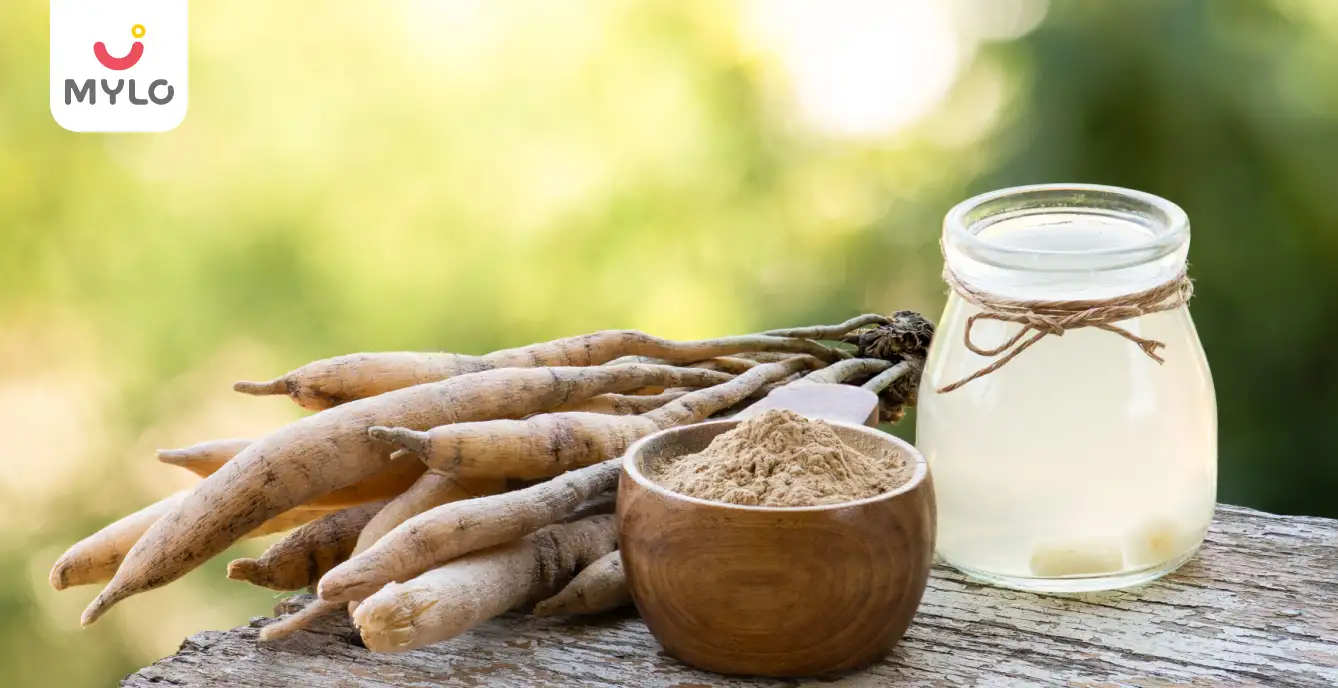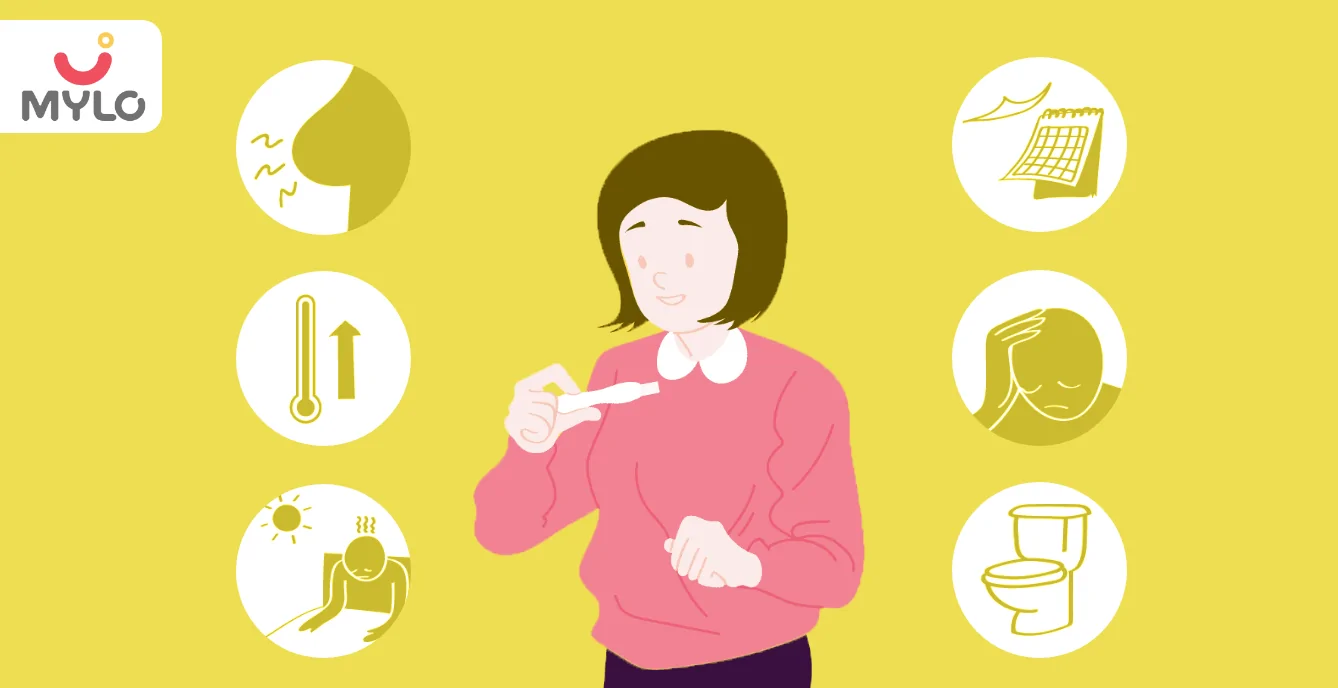Home

Care for Baby

Why Regular Detergents Are Too Harsh for Your Baby's Clothes!
In this Article
Care for Baby
Why Regular Detergents Are Too Harsh for Your Baby's Clothes!
Updated on 14 May 2025
Becoming a parent means your world shifts completely. Every decision—from which lotion to use to how often your baby should nap—feels Important. One decision many new parents overlook, however, is which detergent to use for washing their baby’s clothes. At first glance, it might not seem like a big deal. After all, detergent is detergent, right?
Wrong. The truth is that regular laundry detergents are not designed for a baby’s delicate skin. While they may do a great job of removing grease and food stains from your clothes, they often contain strong chemicals that can do more harm than good when it comes to your baby’s daily wear.
The Problem with Regular Detergents
Regular detergents are formulated for adult clothing and heavy-duty stains. They’re loaded with strong cleaning agents, synthetic fragrances, brighteners, enzymes, and preservatives. These ingredients are great at making clothes smell good and look bright—but they’re also known to leave behind residue on fabric.
This residue may not affect adult skin much, but for babies, it’s a complete different story.
Baby Skin: Sensitive by Nature
Your baby’s skin is thinner, more absorbent, and still developing. That means it’s far more vulnerable to allergens and irritants. Anything that touches your baby’s skin—be it a soft swaddle, a tiny t-shirt, or their favorite bunny toy—can either comfort or irritate.
Babies are prone to conditions like:
-
Diaper rashes
-
Eczema
-
Allergic contact dermatitis
-
Heat rashes
And in many cases, these skin flare-ups are made worse—or even triggered—by irritants left in clothes after washing with harsh detergents.
What Makes Baby Detergents Different?
Baby detergents are specially crafted with your child’s delicate skin in mind. They are:
-
Hypoallergenic – Meaning they reduce the risk of allergic reactions.
-
Free from artificial dyes and fragrances – No unnecessary scent bombs that can irritate.
-
Mild and pH balanced – Formulated to match the natural pH of a baby’s skin.
-
Easy to rinse – They don’t leave behind residue that clings to fabric fibers.
Becoming a parent means your world shifts completely. Every decision—from which lotion to use to how often your baby should nap—feels Important. One decision many new parents overlook, however, is which detergent to use for washing their baby’s clothes. At first glance, it might not seem like a big deal. After all, detergent is detergent, right?
Wrong. The truth is that regular laundry detergents are not designed for a baby’s delicate skin. While they may do a great job of removing grease and food stains from your clothes, they often contain strong chemicals that can do more harm than good when it comes to your baby’s daily wear.
The Problem with Regular Detergents
Regular detergents are formulated for adult clothing and heavy-duty stains. They’re loaded with strong cleaning agents, synthetic fragrances, brighteners, enzymes, and preservatives. These ingredients are great at making clothes smell good and look bright—but they’re also known to leave behind residue on fabric.
This residue may not affect adult skin much, but for babies, it’s a complete different story.
Baby Skin: Sensitive by Nature
Your baby’s skin is thinner, more absorbent, and still developing. That means it’s far more vulnerable to allergens and irritants. Anything that touches your baby’s skin—be it a soft swaddle, a tiny t-shirt, or their favorite bunny toy—can either comfort or irritate.
Babies are prone to conditions like:
-
Diaper rashes
-
Eczema
-
Allergic contact dermatitis
-
Heat rashes
And in many cases, these skin flare-ups are made worse—or even triggered—by irritants left in clothes after washing with harsh detergents.
What Makes Baby Detergents Different?
Baby detergents are specially crafted with your child’s delicate skin in mind. They are:
-
Hypoallergenic – Meaning they reduce the risk of allergic reactions.
-
Free from artificial dyes and fragrances – No unnecessary scent bombs that can irritate.
-
Mild and pH balanced – Formulated to match the natural pH of a baby’s skin.
-
Easy to rinse – They don’t leave behind residue that clings to fabric fibers.

Baby Safe Liquid Detergent - 1 litre
₹ 349

4.6
(14013)





Written by
Priyanka Verma
Priyanka is an experienced editor & content writer with great attention to detail. Mother to an 11-year-old, she's a ski
Read MoreGet baby's diet chart, and growth tips

Related Articles
Related Questions
Hello frnds..still no pain...doctor said head fix nhi hua hai..bt vagina me pain hai aur back pain bhi... anyone having same issues??

Kon kon c chije aisi hai jo pregnancy mei gas acidity jalan karti hain... Koi btayega plz bcz mujhe aksar khane ke baad hi samagh aata hai ki is chij se gas acidity jalan ho gyi hai. Please share your knowledge

I am 13 week pregnancy. Anyone having Storione-xt tablet. It better to have morning or night ???

Hlo to be moms....i hv a query...in my 9.5 wk i feel body joint pain like in ankle, knee, wrist, shoulder, toes....pain intensity is high...i cnt sleep....what should i do pls help....cn i cosult my doc.

Influenza and boostrix injection kisiko laga hai kya 8 month pregnancy me and q lagta hai ye plz reply me

RECENTLY PUBLISHED ARTICLES
our most recent articles

Growth & Development
How Climate and Seasonal Shifts Influence RSV Transmission and Outbreaks

Growth & Development
Understanding RSV And Its Long-Term Impact On Lung Health In Preterm Infants

Growth & Development
Preventing Respiratory Syncytial Virus (RSV) In Preemies: Essential Steps For New Parents

Growth & Development
How Respiratory Syncytial Virus (RSV) Impacts Premature Babies Differently: What Every Parent Needs To Know

Health & Wellness
Unlocking the Hidden Potential: 8 Incredible Shatavari Powder Uses for Men and Women

Hormones
Are You Aware of These 11 Early Signs and Symptoms of Pregnancy?
- Top 5 tips to build a budget-friendly nursery for your little one
- Toddler Teething: What to Expect and How to Help
- Adverbs: A Comprehensive Guide to help small children learn the usage of adverbs
- Expand Your Child's Vocabulary with words that start with X: Easy, Positive, and Engaging Words, Animals, Countries, and Fruits
- Unlocking Language Proficiency: The Ultimate Guide to Top 100 Sight Words for Kindergarten and Beyond
- Exploring Common Words that Start with P to Enhance Vocabulary in Small Children
- 100+ Common Words that start with L to Enhance the Vocabulary of Small Children
- 100 Common Words that start with 'C' for Small Children
- List of 100+ Common Words that start with 'D' for Small Children
- 100 Common Words that start with 'S' for enhancing vocabulary in small children
- List of Most Common Words that start with v for small children
- Common Words that start with n for enhancing learning in small children
- Words that start with O for early learning in small kids
- 100 Common words that start with 'R' for Small Kids


AWARDS AND RECOGNITION

Mylo wins Forbes D2C Disruptor award

Mylo wins The Economic Times Promising Brands 2022
AS SEEN IN

- Mylo Care: Effective and science-backed personal care and wellness solutions for a joyful you.
- Mylo Baby: Science-backed, gentle and effective personal care & hygiene range for your little one.
- Mylo Community: Trusted and empathetic community of 10mn+ parents and experts.
Product Categories
baby carrier | baby soap | baby wipes | stretch marks cream | baby cream | baby shampoo | baby massage oil | baby hair oil | stretch marks oil | baby body wash | baby powder | baby lotion | diaper rash cream | newborn diapers | teether | baby kajal | baby diapers | cloth diapers |




